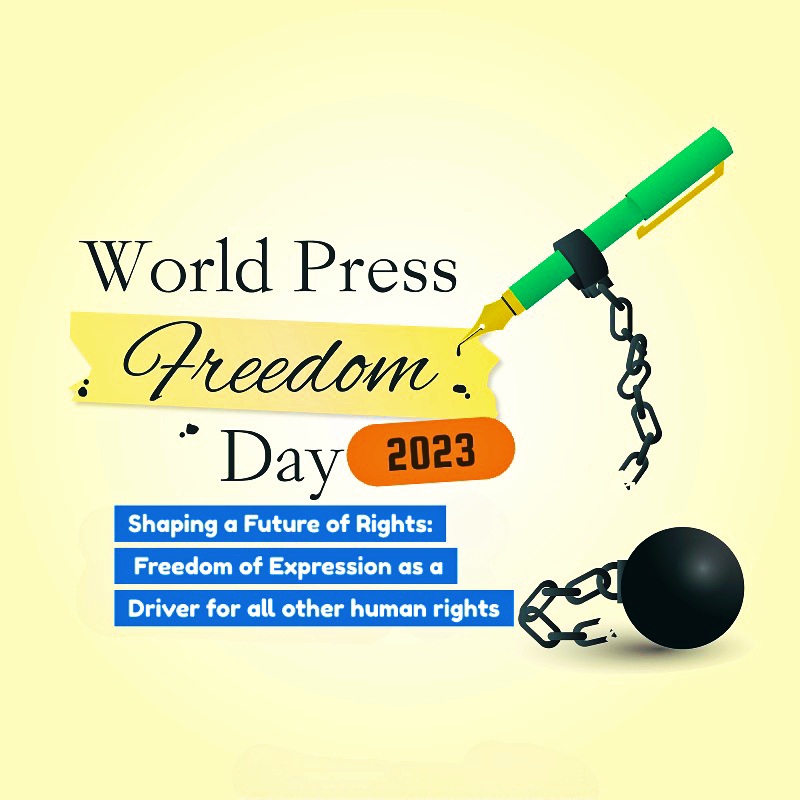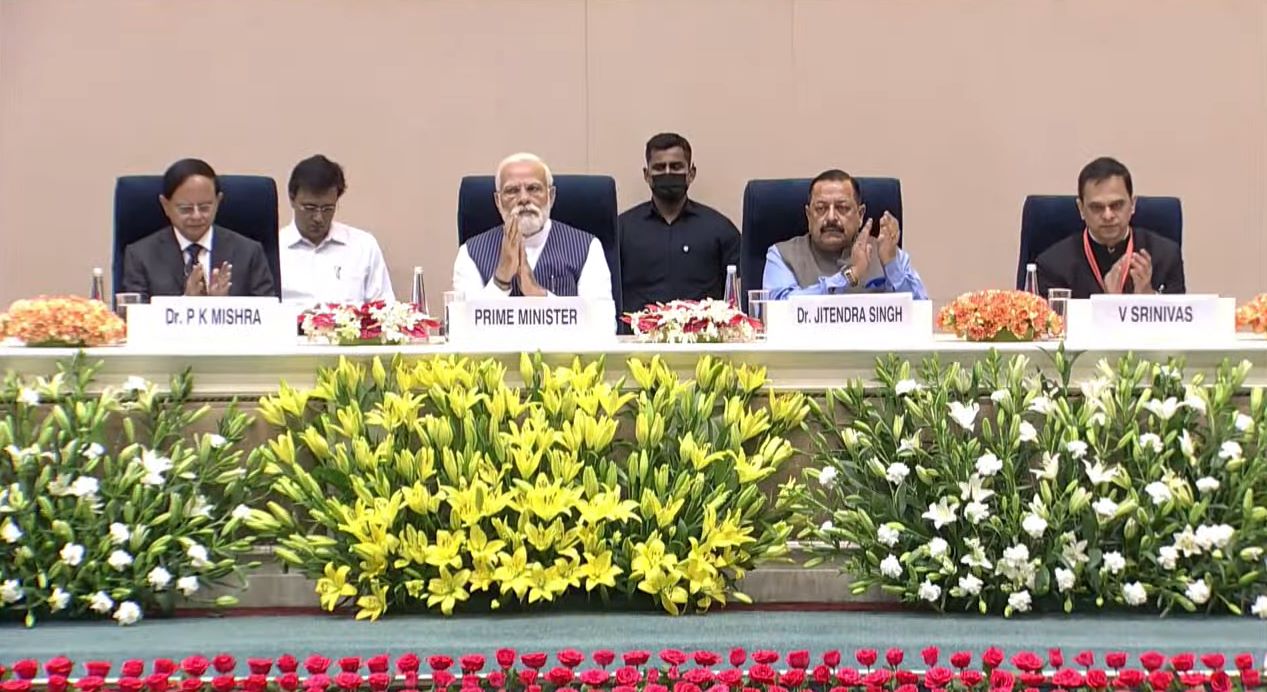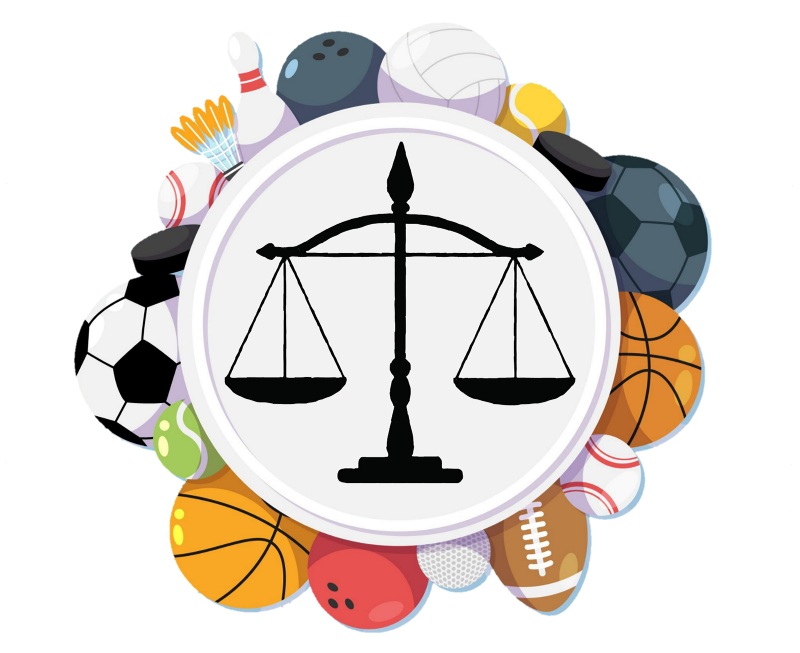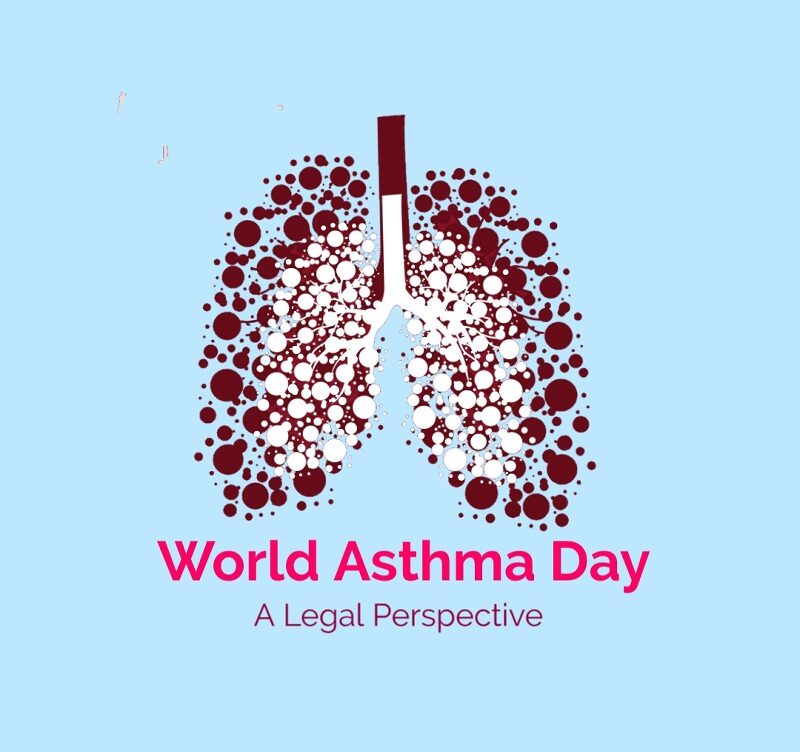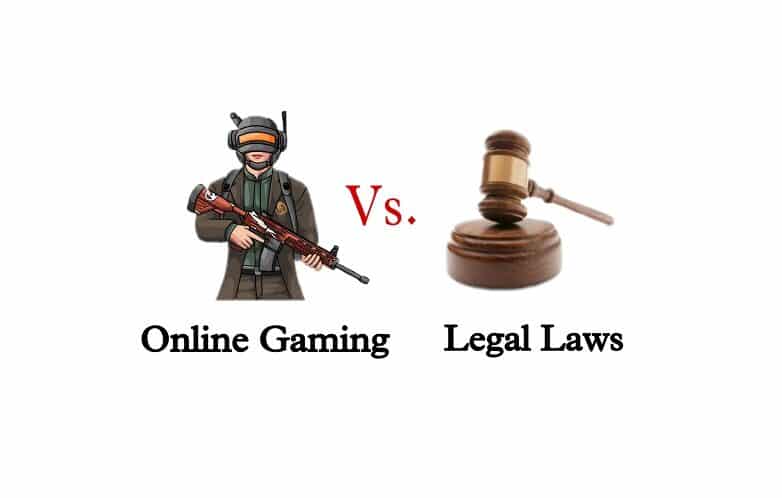World Press Freedom Day is an annual event celebrated on May 3rd to raise awareness about the importance of press freedom and the role of journalism in promoting transparency, accountability, and democracy. This day recognizes the fundamental human right to freedom of expression and the crucial role of journalists in informing and educating the public.
Press freedom is essential for democracy, as it allows journalists to investigate and report on issues of public interest without fear of censorship or retaliation. It is a crucial pillar of democracy, as it helps to hold those in power accountable and fosters an informed and engaged citizenry.
World Press Freedom Day aims to highlight the challenges faced by journalists and media organizations around the world and to promote the importance of a free and independent press. It is also an opportunity to pay tribute to journalists who have been imprisoned or lost their lives while carrying out their work.
The Importance of World Press Freedom Day
World Press Freedom Day is an opportunity to raise awareness about the vital role that a free and independent press plays in promoting democracy, good governance, and social justice. It aims to highlight the importance of press freedom, draw attention to the challenges faced by journalists and media organizations around the world, and pay tribute to those who have lost their lives while carrying out their work.
The theme for World Press Freedom Day 2023 is “Shaping a Future of Rights: Freedom of Expression as a Driver for all other human rights“
Definition of Press Freedom
Press freedom refers to the ability of journalists and media organizations to report news and investigate stories without censorship, interference, or fear of retribution. It is a fundamental human right that is protected by international law, including the Universal Declaration of Human Rights and the International Covenant on Civil and Political Rights. Press freedom is essential for democracy, as it enables journalists to hold those in power accountable, investigate corruption and abuse of power, and promote transparency and good governance.
Why is World Press Freedom Day Important?
- Promotes Democracy
Press freedom is essential for the functioning of democracy. A free and independent press plays a crucial role in holding those in power accountable, investigating corruption and abuse of power, and promoting transparency and good governance. Without press freedom, democracy cannot thrive.
- Protects Human Rights
Press freedom is a fundamental human right that is protected by international law. When press freedom is threatened, other human rights, such as freedom of expression and freedom of assembly, are also at risk. World Press Freedom Day serves as a reminder that press freedom is a vital component of a free and democratic society.
- Fosters Transparency
Press freedom fosters transparency by enabling journalists to investigate and report on issues of public interest. This helps to ensure that those in power are held accountable and that the public has access to accurate and reliable information.
- Supports Social Justice
Press freedom supports social justice by giving a voice to marginalized communities and holding those in power accountable for their actions. It enables journalists to report on issues such as poverty, inequality, and human rights abuses, which are often overlooked or ignored by the mainstream media.
- Raises Awareness
World Press Freedom Day raises awareness about the importance of press freedom and the challenges faced by journalists and media organizations around the world. It provides an opportunity to promote the role of journalism in promoting democracy, good governance, and social justice and to pay tribute to those who have lost their lives while carrying out their work.
Origins of World Press Freedom Day
The Windhoek Declaration was the result of a seminar on promoting an independent and pluralistic African press held in Windhoek, Namibia, in 1991. The seminar was organized by UNESCO and the United Nations Development Programme (UNDP) in response to growing concerns about restrictions on press freedom in Africa.
The Windhoek Declaration called for a free and independent press in Africa and recognized the vital role of journalism in promoting democracy, good governance, and social justice. It also emphasized the need for media diversity and pluralism and called on governments to respect and protect press freedom.
Evolution of World Press Freedom Day
In 1993, UNESCO declared May 3rd as World Press Freedom Day in honor of the Windhoek Declaration. The first World Press Freedom Day was celebrated on May 3rd, 1994, and since then, it has become an annual event that brings together journalists, media organizations, and human rights activists from around the world.
Over the years, World Press Freedom Day has evolved to reflect the changing landscape of journalism and the challenges faced by journalists and media organizations around the world. The theme for World Press Freedom Day changes every year to reflect current issues and challenges. Some of the themes that have been explored in past years include “Media Freedom for a Better Future: Shaping the Post-2015 Development Agenda,” “Critical Minds for Critical Times: Media’s Role in Advancing Peaceful, Just and Inclusive Societies,” and “Journalism without Fear or Favor.”
Press Freedom Rankings
Every year, several organizations release rankings of press freedom around the world. These rankings are based on a range of factors, including the level of violence against journalists, censorship, and legal restrictions on the media. One of the most widely recognized press freedom rankings is the World Press Freedom Index, published by Reporters Without Borders (RSF). In the 2022 Index, Norway, Denmarkand Sweden ranked as the top three countries for press freedom, while Eritrea, North Korea, and Turkmenistan were at the bottom of the list.
Challenges to Press Freedom
The challenges to press freedom are many and varied. One of the most significant challenges is violence against journalists, which is all too common in some parts of the world. According to RSF, 50 journalists were killed in 2020, while hundreds more were imprisoned, harassed, or threatened. Censorship is another major challenge to press freedom.
Governments around the world use a range of tactics to censor the media, including legal restrictions, internet shutdowns, and intimidation of journalists. The rise of authoritarianism and the erosion of democracy in some countries is also a significant threat to press freedom. When governments become more authoritarian, they often seek to control the media to promote their own agenda and silence dissenting voices.
Press Freedom in Specific Countries
The situation of press freedom varies widely across different countries. In some countries, journalists enjoy a high degree of freedom and are able to report without fear of censorship or reprisals. In other countries, however, the situation is much more dire.
For example, in China, the government tightly controls the media and censors information that is deemed to be sensitive or critical of the government.
In Russia, journalists who report on sensitive topics are often subject to harassment, intimidation, and violence.
In Turkey, the government has cracked down on the media in recent years, with hundreds of journalists being arrested and jailed on trumped-up charges.
In Myanmar, the military coup in February 2021 has led to a sharp increase in violence against journalists, with many being arrested, beaten, or killed.

